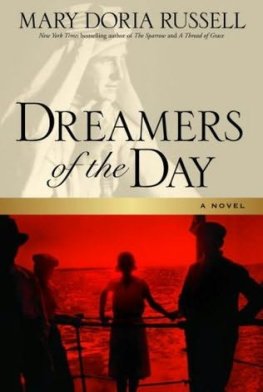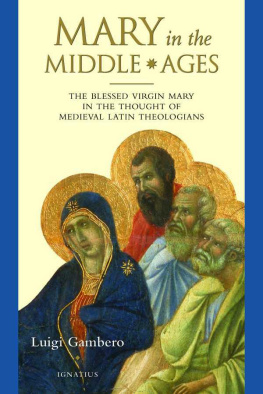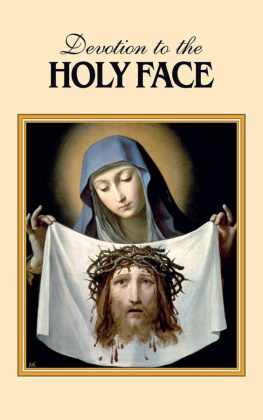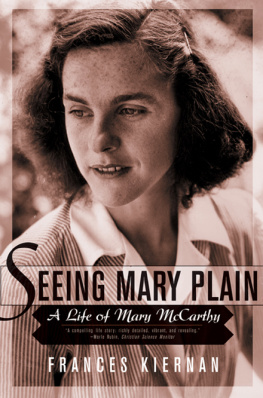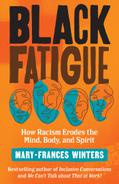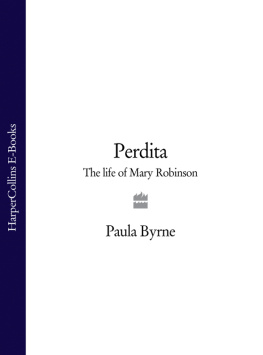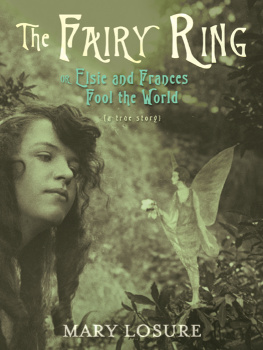Dedication.
My dear Mr. Symonds ,I send you a little book; different from the many volumes, plump with documents and the dignity of History, which I intended for you long ago. But, since I have no better thing to offer, takedear Masterthese rough and scattered pages. For to whom, if not to you, should I dedicate the book? When I look back, I see you at my side in all my studies; for the last ten years, there is not one of them which has not been confided to you, and, most of all, my dreams of History. So that whatever I write belongs in some sort to you; but especially this little volume of which we talked so much in your study at Davos two years ago. Do you remember how you guided me through the innumerable pages of Litta and of Muratori in quest of the secret of the French Claim to Milan? We did not find much of that, but we found so many better things; and, best of all, the happy hours which you illuminated! Hours in which you evoked for me, as we plunged deeper and deeper into your Chronicles, the great figures of the Past. At first they rose before me, pale and mutesilent and immaculate as the white recesses of your Alps; but, at the touch of your wand, they assumed their ancient colour and consistencethe very smile, the gait, the accent, the passions, that had moved them once beneath this sun that has survived them; their voices magically issued out of the silent yellow pages; the sound of their battles clashed anew along your windless valleys and eagle-haunted mountain tops. And, once alive, they remained alive for me.
As I sat and wondered, a new desire awoke in me, an eager wish to seize these brilliant apparitions, to strip them of their faded purple, to strip them of their form and colour, to lay them bare to their innermost tissue and catch the reason and the secret of their being.
And, first of all, to understand exactly what they did, and when, and why. Our beautiful chronicles were not always quite precise. I began to see that what I wanted must be sought in manuscripts and foreign archives. And, half afraid, I told you of my project for exchanging a cheerful holiday in Switzerland against a week or two of dull research in Paris. Since then I have worked long and hard, in Paris, in London, in Florence, and the writing of dead hands has grown familiar to me; but I have never forgotten that it was first in the solitude of your lofty valley, that my task grew plain before my mind. And now to whom, if not to you should I offer these scattered ruins of the thing undonethese first ineffectual sketches of that History of the French in Italy, which still I mean to write? From Davos they took their flight; let them seek the nest again!
If I had better profited by your lessons and your example, it would not have been a mere sheaf of fragments that I should have offered you to-day, but a Book, a solid and coherent whole consistently animated, in all the complexity and the unity of its subject, by an epoch, an idea, a man, or an event. Nothing else is really durable, permanently useful. It is true that I have tried (and may the candour of this avowal excuse its weakness!)yes, I have tried, after the manner of essayists, to give an apparent unity to my fragments by means of a title, large and comfortable as the cloak of charity which covers in its vague expanse a host of strangers.
For, after all, what has Schwester Katrei to do with Charles VIII., or Isotta of Rimini with Mechtild of Magdeburg? Shall I avow that the volume is really the fragmentary essays towards two unwritten historiesone of the house of Hohenstaufen, the other of the French in Italy? Also I can imagine you remarking that, from the thirteenth century to the sixteenth, my Middle Ages take long a-dying:
Les gens que vous tuez se portent assez bien.
And you might add that in a book on the end of the Middle Ages, it is strange to find not a line on the Loss of Constantinople, and not a chapter on the invention of Printing or the Discovery of America.
What can I do but acknowledge my incompleteness? Nay, I will even confess to you that I have my private doubts whether the Middle Ages are over yetwhether any period comes to an end at a given epoch, but does not rather still subsist, diminished yet puissant, stealing in unnoticed currents along the vast veins and secret fabric of the world. In many a turn of thought and habit, in many a disregarded constitutionin May Day and Manor Court, in the Land laws and the Judenhetzethe Middle Ages are not over yet. Here and there they reappear and startle us in unexpected corners. That form of Nature which we know as History is, like every other evolution of Nature, too complex to be accurately fixed in words. Words only give the vague surroundings; they are the ill-fitting, ready-made clothes of a thought.
Therefore, despite their official end, we may doubt whether we be done with the Middle Ages. And yet you will agree with me that the personages of my essays belong no longer wholly to the age in which they lived. Something came to an end then; something slowly began. Race of Cain and race of Abel, mystics lost in ecstasy, or captains of prey and plunder,yet Eckhart, the forerunner of Hegel, and the sinister Giangaleazzo dreaming in a different fashion the dream of Count Cavour, was each unconsciously a precursor of the Modern Age.
The Beguines, bringing the dissolvent of mysticism to the authority of Rome; the Pope, in quitting his true capital for Avignon; the Cardinals by opening the Schism: these, between them, have invented the Reformation.... Giangaleazzo Visconti, when he made his daughter of Orleans his heir, prepared the battles of Marignano and Pavia, and condemned Francis I. to his captivity in Spain. Even as the Feud of Orleans and Burgundy began the long rivalry of Francis and the Emperor, the great descendants of those angry houses.... Meanwhile the numerous invasions of Italy under the Dukes of Orleans, and still later, the triumphal journey of Charles VIII., brought back to France the splendour of the Renaissance. Thus Hallam closes the Middle Ages with the taking of Naples, in 1494. However this be, if you are indulgent, dear Master, you may consider my essays a very humble and inadequate Introduction to the study of your Sixteenth Century.
Perhaps I am the only reader who will have learned anything from the little book. And, after all, I am contented that it should be so. It is so much pleasanter to learn than to instruct; and in learning one meets with so many friends and helpers. I cannot tell you here of all who have befriended me, but I must at least mention to you the names of Canon Creighton, unfailing critic and sympathizer; of Mr. Bryce, who reached out an experienced hand to me and spared me several more mistakes in Feudal Law; of Mr. H.F. Brown of Venice, who procured me my Venetian transcripts; of Professor Villari and Professor Paoli of Florence (it was the latter who taught me Palography); and of Comte Albert de Circourt of Paris, in whom I have found a quite invaluable adviser and correspondent,for probably no historian in Europe is so familiar with the Lombard schemes of Louis dOrlans as he.



